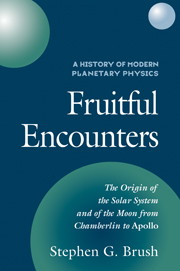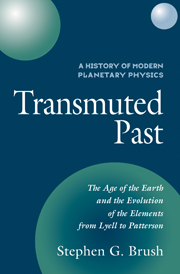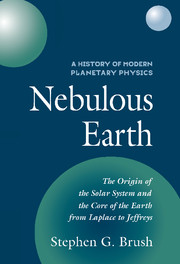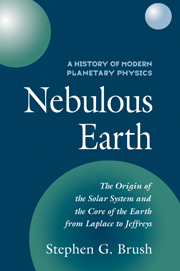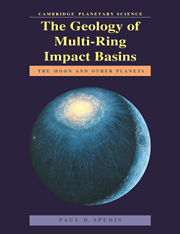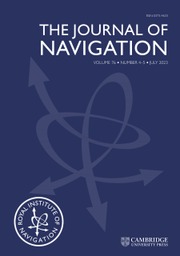A History of Modern Planetary Physics
The early twentieth century saw the replacement of the Nebular Hypothesis with the Chamberlin-Moulton theory that the solar system resulted from the encounter of the Sun with a passing star. Fruitful Encounters follows the eventual refutation of the encounter theory and the subsequent revival of a modernized Nebular Hypothesis. Professor Brush also discusses the role of findings from the Apollo space program, especially the analysis of lunar samples, culminating in the establishment of the "giant impact" theory of the Moon's origin in the 1980s.
- Includes the results of the space program and the recent changes in the ideas about the origin of the Moon
- Writing is accessible to non-specialist readers
- Covers theories about the origin of the solar system most comprehensively
Reviews & endorsements
"...a major work, large in scope and splendid in execution....This will be a standard work for a long time to come." Curtis Wilson, Physics Today
"The three-volume A History of Modern Planetary Physics by Stephen G. Brush is a amjor work, large in scope and splendidin execution....Brush's account of many of the episodes is enhanced by his personal correspondence with the scientists involved....Brush's text...is workmanlike and probingly thoughtful. This will be a standard work for a long time to come." Physics Today
"Fruitful Encounters is...an excellent reference for instructors presenting historical material on the origin of the solar system..." Arnold M. Heiser, Science Books & Films
Product details
December 2008Paperback
9780521101448
368 pages
234 × 156 × 19 mm
0.52kg
41 b/w illus.
Available
Table of Contents
- Illustrations
- Preface
- Part I. Planetesimals and Stelllar Encounters:
- 1. Introduction
- 2. A geologist among astronomers: the Chamberlin-Moulton theory
- 3. Jeans, Jeffreys and the decline of encounter theories
- Part II. Nebular Rebirth and Stellar Death:
- 4. Introduction
- 5. Methodology
- 6. Nuclear cosmochronology and Hoyle's research programme
- 7. Cameron's programme
- 8. Isotopic anomalies and the supernova trigger
- Part III. Planetogony and Plasma:
- 9. Safronov's programme
- 10. The giant planets
- 11. Chemical cosmogony: the terrestrial planets
- 12. Alfvén's electromagnetic programme
- Part IV. Whence the Moon?
- 13. Introduction
- 14. Early history of selenogony
- 15. Harold Urey and the origin of the moon
- 16. History of modern selenogony
- Abbreviations
- Reference list and citation index
- Index.

